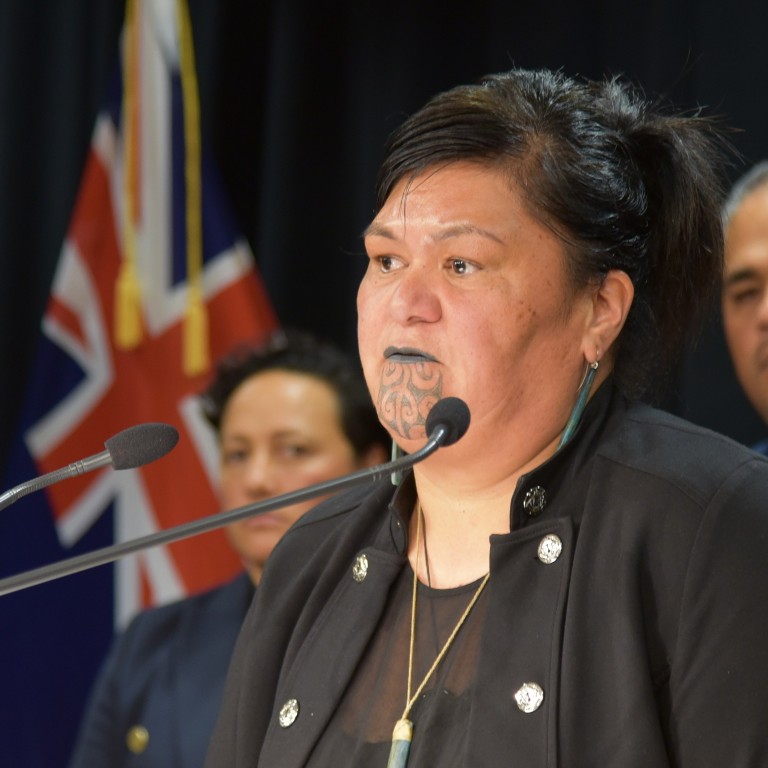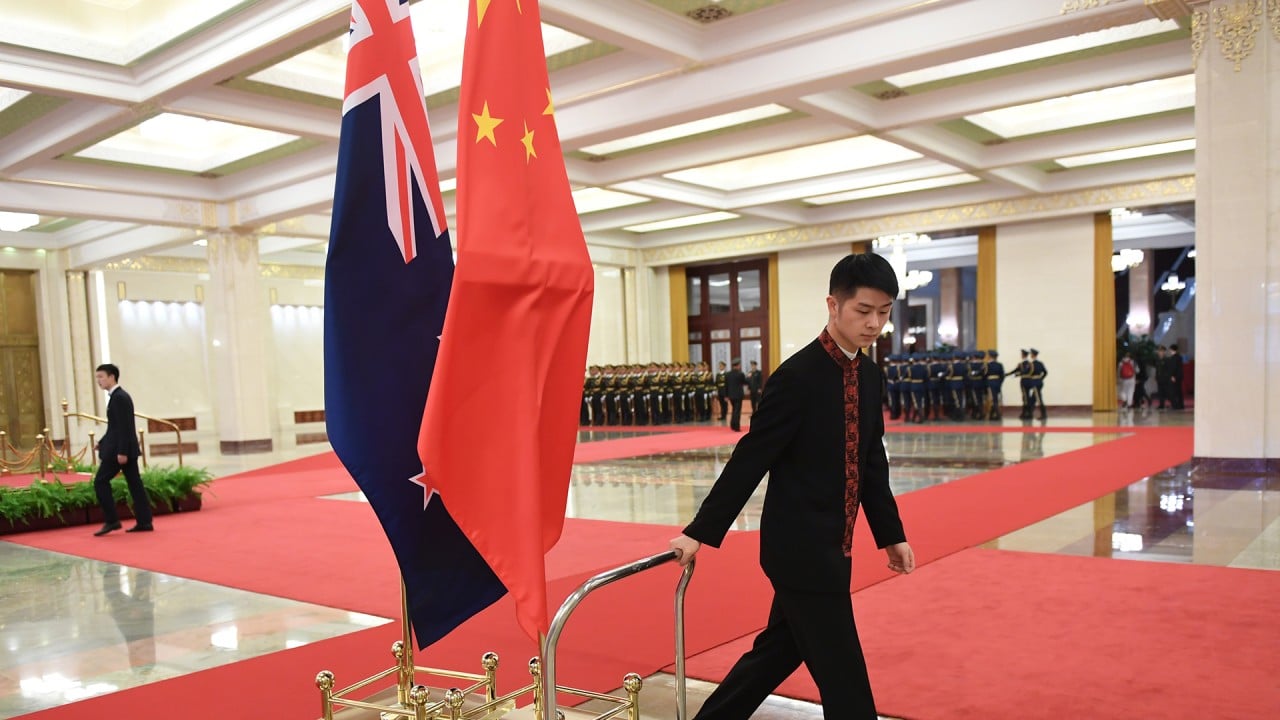
New Zealand ‘uncomfortable’ with growing scope of Five Eyes as members speak out on China
- Foreign Minister Nanaia Mahuta says Wellington prefers ‘multilateral opportunities to express our interests’ rather than invoke intelligence network
- She tells NZ China Council that Wellington will continue to speak out to Beijing on human rights issues informed by national values and interests
Nanaia Mahuta told reporters on Monday that New Zealand had expressed to the rest of the Five Eyes – the United States, Britain, Canada and Australia – that it did not favour the coalition widening beyond intelligence matters.
Explainer | Why is the Five Eyes intelligence alliance in Beijing’s cross hairs?
“We are uncomfortable with expanding the remit of the Five Eyes,” she said. “We would much rather prefer to look for multilateral opportunities to express our interests.
“New Zealand has been very clear, certainly in this term and since we’ve held the portfolio, not to invoke the Five Eyes as the first point of contact of messaging out on a range of issues that really exist out of the remit of the Five Eyes,” said Mahuta, who took office as foreign minister in November.
But New Zealand had long been seen as the softer link in the Five Eyes when it comes to China. While Wellington welcomed Western sanctions on Beijing’s human rights on Xinjiang, it did not issue sanctions of its own. New Zealand was also the only member to opt out of a joint statement last May before the national security law was enacted in Hong Kong and again in January to condemn mass arrests of opposition figures and activists in Hong Kong, and instead it issued its own statements.
Beijing has raised concerns about the coordination among the Five Eyes, including over revelations in 2013 by Edward Snowden that the intelligence-sharing partnership was carrying out mass global surveillance programmes. Chinese foreign ministry spokesman Zhao Lijian warned in November that “no matter how many eyes they have”, countries seeking to undermine China should “be careful not to get poked in the eye”.
In a separate event on Monday, Mahuta delivered her first speech as foreign minister on New Zealand’s relationship with China to the New Zealand China Council, likening China to a dragon and New Zealand to the taniwha, powerful guardian creatures legendary in the tradition of the indigenous Māori people.
“I see the taniwha and the dragon as symbols of the strength of our particular customs, traditions and values that aren’t always the same, but need to be maintained and respected,” she said. “And on that virtue we have together developed the mature relationship we have today.”
Australia-New Zealand travel bubble begins, allowing quarantine-free travel
When there were tensions between the countries, she said, New Zealand took “a consistent and predictable approach through diplomacy and dialogue”.
“Sometimes we will therefore find it necessary to speak out publicly on issues, like we have on developments in Hong Kong, the treatment of Uygurs in Xinjiang, and cyber incidents,” Mahuta said.
“At times we will do this in association with others that share our views and sometimes we will act alone. In each case we make our decisions independently, informed by our values and our own assessment of New Zealand’s interests.”


